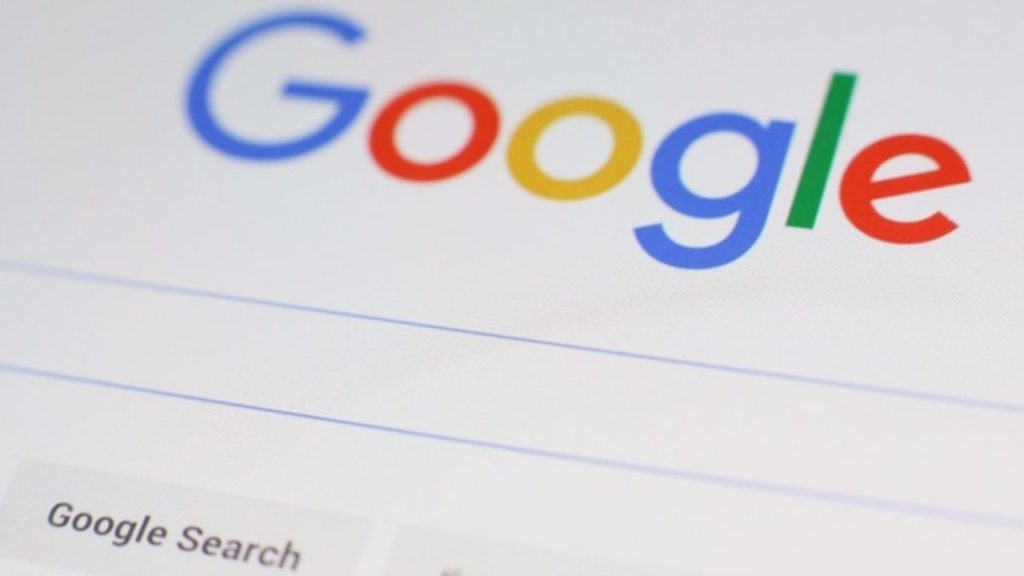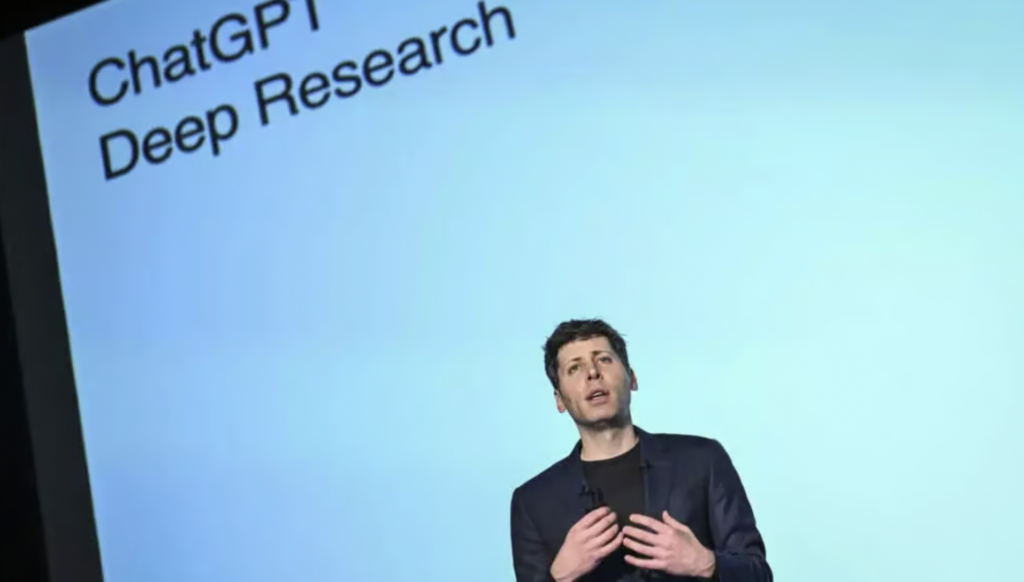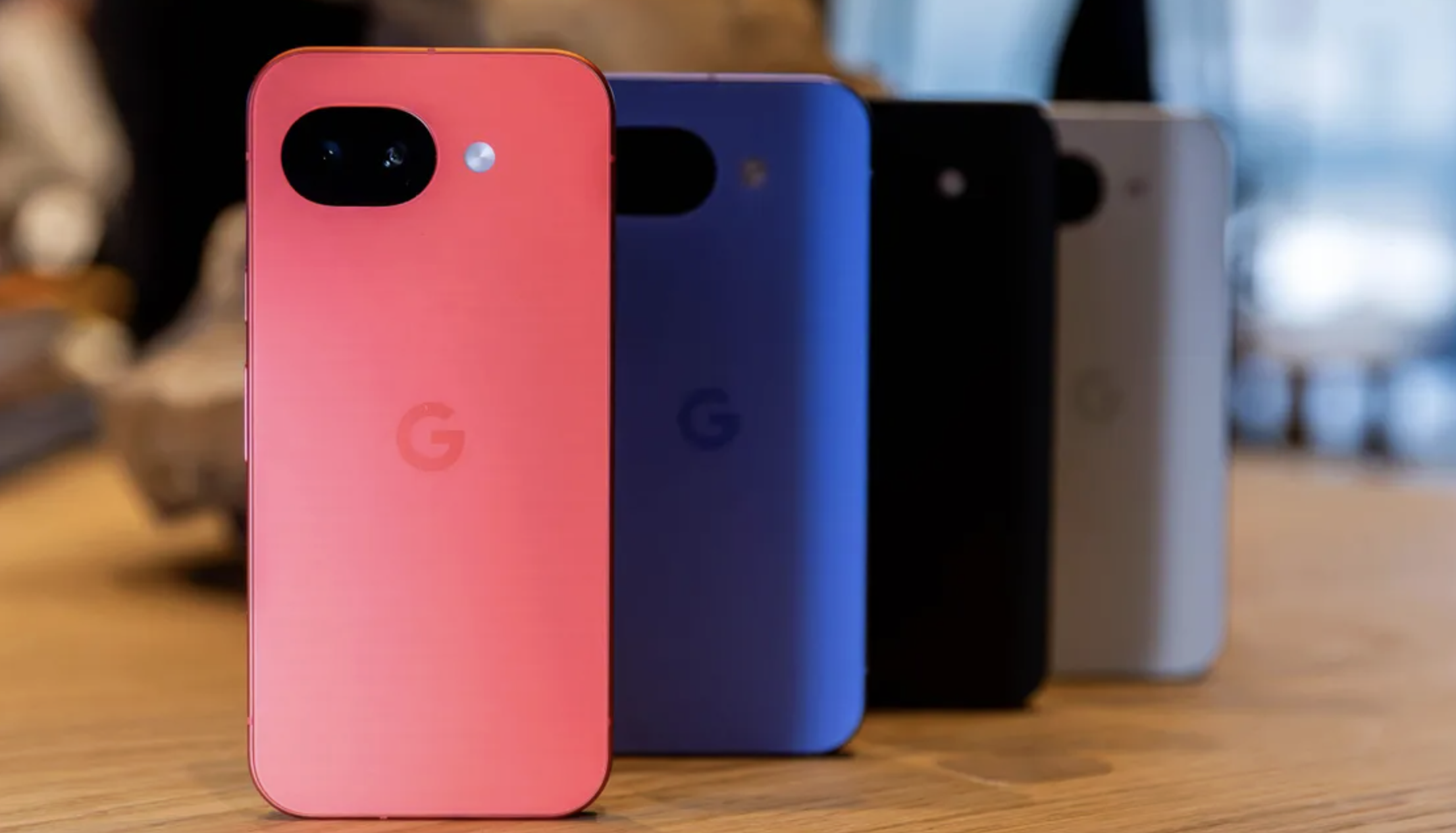Google CEO Sundar Pichai said that conversational artificial intelligence is coming to the world’s largest search engine.

However he’s not ready to say when that will happen.
Profits won’t be impacted
Speaking to the Wall Street Journal Pichai put to rest fears that large language model AI, known as LLMs, such as the very popular ChatGPT, will hurt Google’s profits.
“Will people be able to ask questions to Google and engage with LLMs in the context of search?” he said in the interview. “Absolutely.”
Lagging behind Microsoft
However in some respects, Google has been left behind after Microsoft decided to invest billions of dollars in OpenAI LP, the creator of ChatGPT.
In February, Microsoft unveiled its new Bing search engine integrated with ChatGPT and then later updated Windows 11 with the feature.
It was successful, getting millions of people on board and making the rival search engine once again the topic of conversation.
Growing pains
It did have a rocky start with the AI seeming to crack up under pressure and giving some crazy answers to questions, but Microsoft soon took care of the problem.
Ironically these crazy answers served as a marketing tool for Microsoft since the AI sounded so human, even if it was a human having a mental crisis.
Wrapped up as success
Still, Microsoft later said it has been “an amazing 30 days,” calling the 100 million daily active users of Bing “notable.”
It added that Bing had experienced “45 million total chats” since the trial started.
Although Google still has the largest market share in the search engine business, Bing certainly looks set to make some gains.
Page visits on Bing have risen 15.8% since Microsoft unveiled its AI powered version compared with a near 1% decline for the Alphabet Inc-owned search engine, data till March 20 showed.
Taking its time
The trouble is that Google seems to be in no hurry to take on Bing in terms of AI interrelated search.
But with all the faults and concerns surrounding generative technology, the company is being understandably sensible.
Recently OpenAI has come under the spotlight in regard to the fact it often sounds very authoritative but gives wayward replies to questions.
Fears that it launched too soon
Then there is the concern that this particular tech may have been launched too soon in terms of how fast it’s been pushed out to regular internet users.
Last week, Google said it had updated its own Bard chatbot’s capabilities, employing technology from an advanced language model.
Pichai said it will “bring more capabilities; be it in reasoning, coding, it can answer maths questions better.”
He said that Google will continue to work on Bard, without mentioning when it will be released into the wild.












